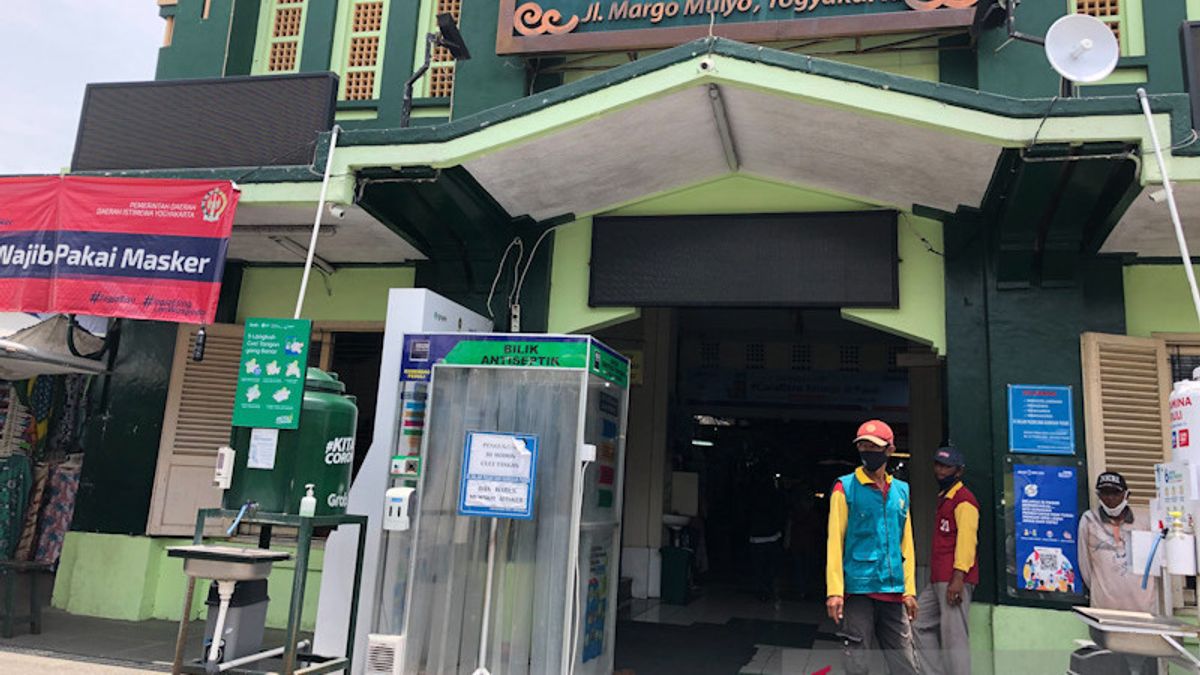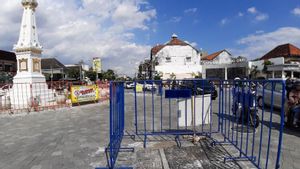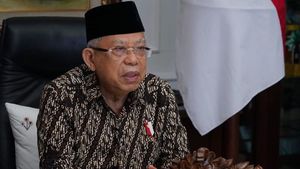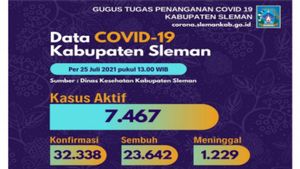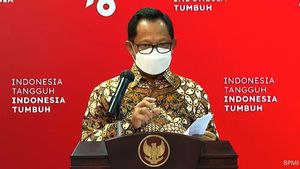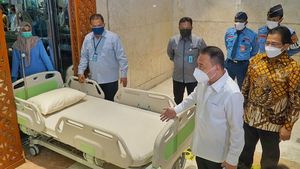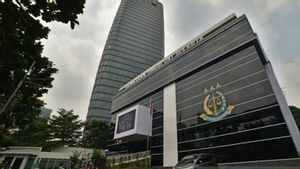YOGYAKARTA - The Yogyakarta City Trade Office has allowed five traditional markets to resume operations after being temporarily closed during the implementation of the Java-Bali Emergency Restrictions on Community Activities (PPKM) on July 3-20 and continued until July 25.
"According to the regulations, non-essential economic activities are allowed to run. Therefore, markets that were previously temporarily closed due to not providing essential goods have been allowed to operate again", said Head of the Yogyakarta City Trade Office, Yunianto Dwi Sutono, in Yogyakarta quoted from Antara, Monday, July 26.
The five traditional markets are the West Beringarjo Market including the UPT Business Center which sells fashion and souvenirs, the Yogyakarta Animal and Ornamental Plants Market (Pasthy), the Klitikan Pakuncen Market which sells unique and used goods, the Tunjng Sari Bike Market, and the Cipto Mulyo Market which selling garden decoration needs.
Even though they have been allowed to reopen, the condition of the five traditional markets has not returned to normal.
"From the results of monitoring, there have been a few activities such as in Pasthy Market. But for the West Berigharjo Market, it can still be said that the conditions are quite quiet because the main consumers in the market are tourists and so far no tourists have come", he said.
Referring to the provisions, Yunianto emphasized that all traditional market activities in the city of Yogyakarta were closed at 15.00 WIB except for the Giwangan Main Market which was allowed to operate until 20.00 WIB. Previously, Giwangan Market operated 24 hours a day.
また読む:
Restrictions on the number of visitors and traders will also remain in place at 50 percent of market capacity.
"There are traders who take turns selling but we also stipulate that traders who are allowed to open are those who have kiosks and stalls in the market. Traders in stalls are still not allowed to sell", he said.
Overloading traders in several traditional markets such as in Kranggan, Sentul, Demangan, Kotagede, and Patangpuluhan are also still prohibited from selling.
"This overflowing trader has the potential to bring in crowds. So, until now, activities are still prohibited. This is also a momentum to simultaneously carry out long-term arrangements so that the market is orderly and neat", he said.
The English, Chinese, Japanese, Arabic, and French versions are automatically generated by the AI. So there may still be inaccuracies in translating, please always see Indonesian as our main language. (system supported by DigitalSiber.id)
